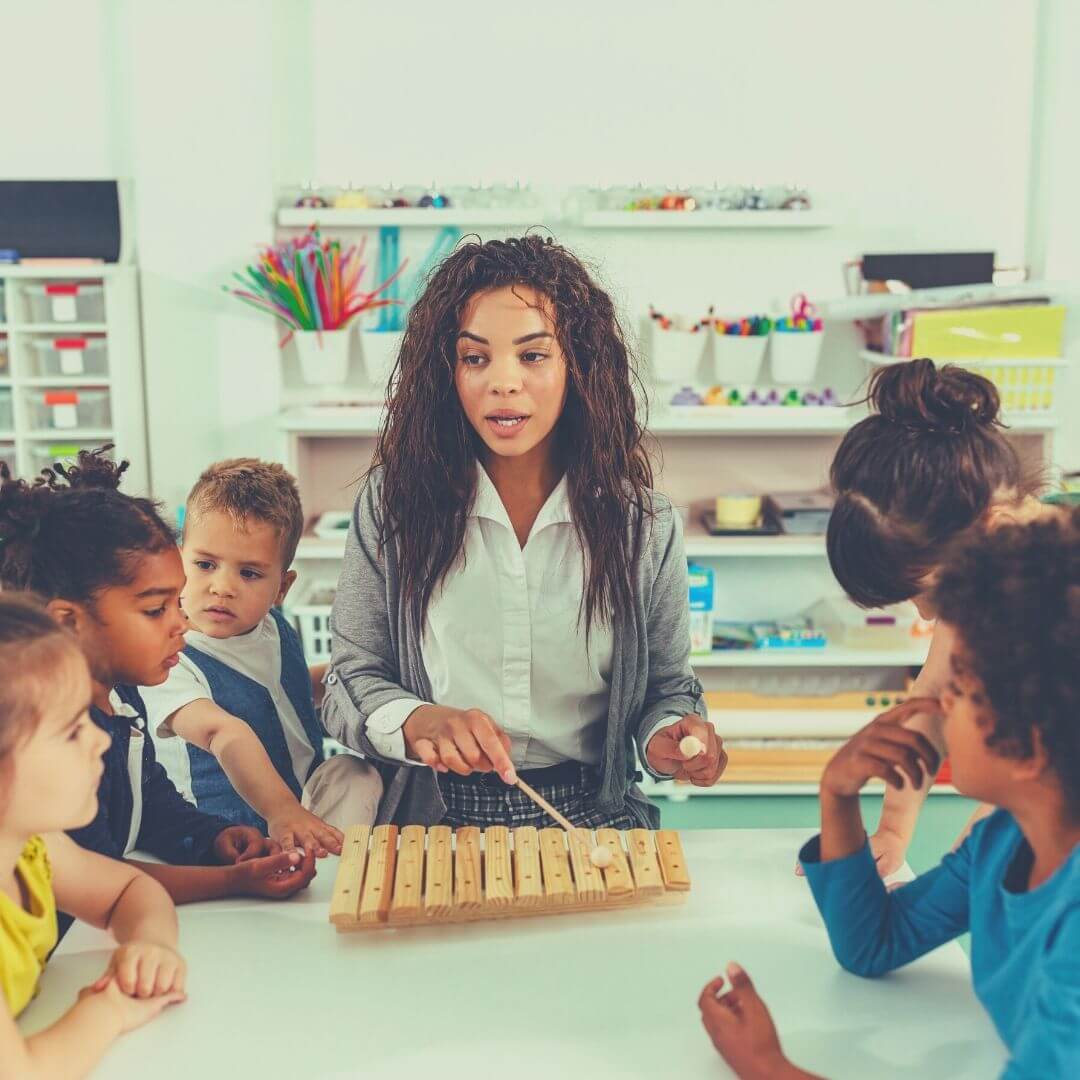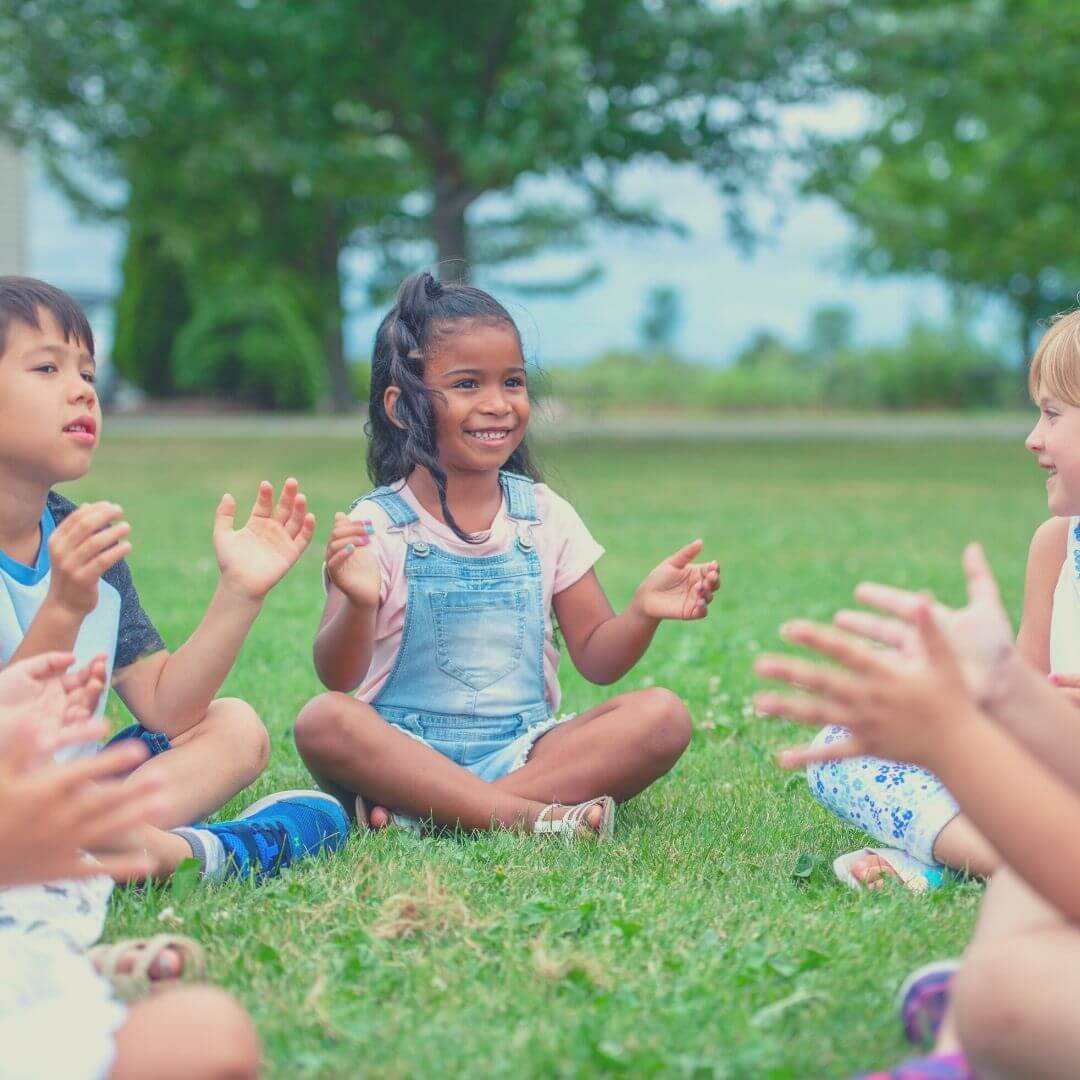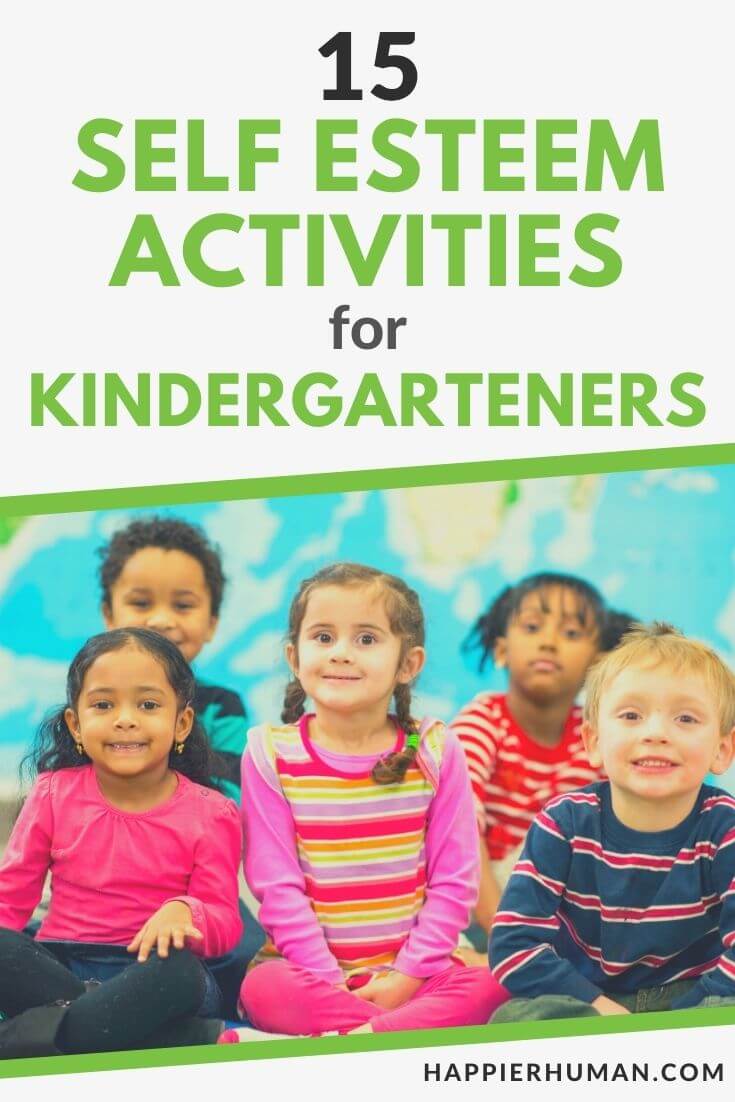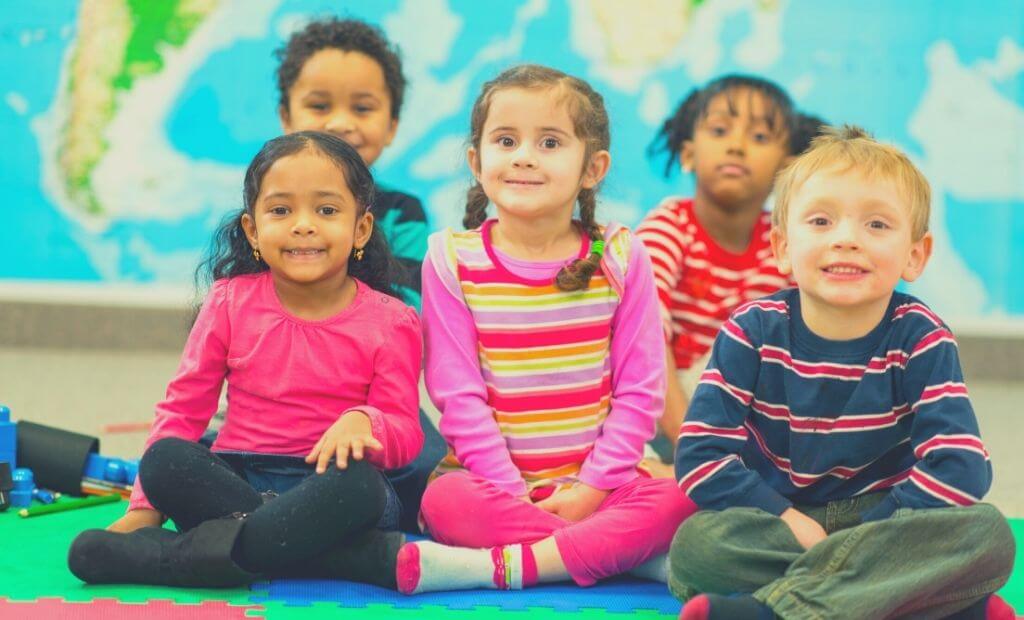How often have you heard someone talk about someone they know having low self-esteem? This is often said about people in abusive situations, people suffering from addictions, and those who are victims of bullying.
Low self-esteem has been mentioned as an indicator of people not having the courage to follow their dreams or even enjoying social situations. But what exactly is self-esteem and why is it important that we instill this in children as soon as we can? That is what we are going to talk about today.
What is Self-Esteem?
Self-esteem is basically how we feel about ourselves. It is what we use to determine our worth and demand the respect and love that all beings are worthy of receiving. It is the confidence we have in our ability to thrive, grow, and succeed.
When a person has good self-esteem, they feel respected, have a sense of personal control and are more resilient. Children with healthy self-esteem are more independent, have the courage to make good decisions, and are willing to ask for help when they need it.
These children take responsibility for their actions and pride themselves when they put forth their best effort.
Why Is It Important to Instill Self-Esteem Early?
Researchers say that our basic personalities are formed before we reach the age of seven. Things can and do change after that, but the core values we have absorbed until then will affect us for the rest of our lives.
A child who does not develop a healthy sense of self-esteem early will struggle throughout their life in both school and the adult world.
These are the kids who often feel angry, sad, or frustrated. They have difficulty making friends and often either withdraw or give in to peer pressure. They don't trust their own ability to deal with the frustrations they face and often make the wrong choices regarding challenges. There is a limit to the amount of self-esteem that is considered healthy, however.

Children that aren't allowed to fail and learn from mistakes, or who are not given the chance to earn rewards or succeed on their own, may develop a sense of entitlement. Thus, their self-esteem can border on narcissism.
These children become the bullies of the world. They may demand without giving, be unwilling to take ownership of their own mistakes, and refuse to grow.
It is essential that you find a balance between instilling self-esteem and preventing a child from becoming entitled. The following activities are a great place to start.
15 Self-Esteem Activities for Kindergartners
The following self-esteem activities for kindergartners are easy to carry out and most don't cost any money, yet the lessons they create are invaluable.
Activity 1. Catch the Compliment
This is catch with a twist and can be adapted for a group of kids or simply a one-on-one between parent and child. All you need to play is a ball.
a. Start by picking one person to give a genuine compliment to. Make it specific and real.
b. Once you state the compliment, toss the ball to that person for them to catch the compliment.
c. This person then states a compliment to either another player or you and tosses the ball.
d. This continues as long as everyone can think of compliments to give, or everyone gets tired.
Activity 2. Have a Talk with a Friend
This activity helps children learn not to be overly harsh on themselves when they mess up or fail.
a. Tell your child to think about someone they love and imagine that person is going through the same thing.
b. Have them talk to that person, telling them all the good things about the situation.
c. Have them tell their friend how they can do better the next time.
d. Explain that we need to be our own best friends and they need to believe what they just said.
Activity 3. Assign Chores and Special Tasks
Children need to feel they have accomplished things and made a difference.
a. Give your child age-appropriate chores such as setting the table or feeding the pets.
b. Make a point of pointing out how nice the table looks or how happy the pets are since they ate.
c. Continue increasing responsibilities as your child shows pride in their work.
Activity 4. Teach Goal Planning
Even young children benefit from having something to work toward. Teaching them to make and work toward goals when they are young will help them remain positive throughout life.
a. Sit down with your child and find out what dreams they have, such as learning to ride a bike without training wheels.
b. Together, write down all the steps they need to take in order to get to that point from where they are.
c. Encourage the child to work toward that goal one step at a time, a little each day.
d. Celebrate the success!
Activity 5. Create a Masterpiece
Children of any age love to create! This activity helps promote a sense of accomplishment, increased creativity, and an easy source of success.
a. Gather together as many craft-type objects as possible, such as construction paper, paint, markers, pom-poms, glue, glitter, etc.
b. Tell your child they can create whatever they want. You can make this even more fun by making your own creation.
c. If they ask what they should do, let them know there is no right or wrong answer. They can create whatever they want.
d. Once the project is complete, make sure it is displayed in a prominent place where your child can see it every day.
Activity 6. Do An Act of Kindness
Making others happy is often a good way to give ourselves a sense of joy.
a. Create a list of thirty things that can make someone else happy. This can be as simple as giving a compliment to a stranger or helping with a task. It can also be larger such as donating a toy or helping serve at the local soup kitchen. Put these on a calendar.
b. Make it a goal to do one act of kindness every day for a month.
c. At the end of each day, discuss with your child how it made them feel to make someone smile.
d. If possible, pick one of the larger acts to incorporate into your child's schedule every month.
Activity 7. Feel-Good Notebook
This activity gives your child something to look back on whenever they are feeling down. It is like an early gratitude journal.
a. Get a notebook with unlined pages and a pen and markers.
b. Every evening, sit down with your child and ask them to talk about one thing that happened during the day that made them feel good.

c. If the child can write, have them write it down in the notebook. If they can't write yet or prefer drawing, have them draw a picture to show what happened.
d. When they are feeling down, sit with them and go through the notebook, pointing out all the wonderful things they have experienced.
Activity 8. The I Am Board
This is like a vision board that promotes a sense of well-being and helps your child learn about themself.
a. Gather together old magazines, markers, and a large piece of poster board.
b. Sit down with your child and ask them to name positive things about who they are or things they like about themself. You can add your own ideas to the list.
c. Go through the magazines to find pictures that illustrate these things or have your child draw pictures for them.
d. Hang the picture near their bed so they can look at it every day and think about all the positive things that go into making them special.
Activity 9. Break Out of the Comfort Zone
Stepping out of your comfort zone is just as difficult for kids as it is for adults, but doing so is necessary.
a. When your child wants to do something, but you can tell they are scared, talk about the fear.
b. Ask them to tell you exactly what they are afraid might happen. Also, ask what good things might come from doing the thing.
c. Next, come up with things your child can do in each case to make the situation better if the things they fear do happen.
d. Encourage them to try, letting them know you are there to help if they need it.
Activity 10. Build on Talents
Every child has a special interest or gift. It might be art, music, or sports. Expanding that talent allows your child to feel successful as they grow and improve.
a. Talk about how we all love different things and mention you see your child likes to do something in particular.
b. Look for ways your child can expand that talent. You may look for a dance or art class, sign them up for a sports league of others their age, or help them find explore their talent in other ways.
c. Make a point of asking about how things are going regularly and attend any special events.
d. Celebrate all the steps they make.
Activity 11. Let Them Lead
Children feel special when you trust them to make decisions.
a. Set aside at least two hours of time where you can focus on the two of you.
b. Either ask if the child has a special activity they want you to do or if they would like to go for a walk.
c. Tell the child they are the one in charge today, you will follow their lead and go where they choose or play whatever games they want.
d. Do this on a weekly basis and see where the child takes you.
Activity 12. Pack For Vacation
If you aren't going on vacation, make this activity into a day trip to the beach, the park, or somewhere else special.
a. Find an activity that requires packing. This can be a suitcase, a picnic lunch, or some activity requiring a change of clothes such as a water park.
b. First, talk with the child about what items they might need for the day's activities and then tell them they get to pack their own suitcase or bag.
c. Before leaving, you will probably want to check they didn't forget something important, but do this quietly when they are in another room. You want them to see you have confidence in them.
d. If you notice they forgot something essential, you can casually mention it by “wondering” if you packed yours or going over the list one last time. If they happen to forget a small item, let it go. If they miss it, you can use that as a learning experience.
Activity 13. Teach Yoga/Mindfulness
Today's kids face stress and anxiety at a level far greater than in previous generations. It's never too early to help your child learn how to reduce stress and anxiety in a positive manner.
a. Talk with your child about what anxiety feels like and how ignoring it can cause all types of problems. Let them know you are going to help them learn something that allows them to have the power over the anxiety.

b. Do regular breathing exercises and teach your child how mindfulness can help them stay grounded when things are going wrong. Teach them how to stop and notice sensations in their body and how to find experiences that help them feel calmer.
c. If you practice yoga, you can teach your child. If not, taking a class together can aid in bonding. As an alternative, look for videos to help such as Cosmic Kids Yoga.
d. After each session, talk with your child about what they feel happening and remind them these are things they can do whenever they choose.
Activity 14. Create a Recipe
Most kids love to be left to create in the kitchen.
a. Tell your child you are going to help them create their own recipe and they can put in whatever they choose.
b. Decide on a dish. It can be as simple as creating their own sundae or making pancakes, which are great for adding things into.
c. Help with any activities that require safety precautions, such as the stove or sharp objects, but let your child lead.
d. Try the finished product and discuss what worked and what can be changed the next time.
Activity 15. Go Shopping
This helps promote feelings of success as well as making your child feel good for helping. It's too early to deal with comparing prices or budgets at this age, so be prepared to spend a bit more than if you did the shopping alone.
1. Arrange a trip to the grocery store where all you need are items for one or two meals.
2. Let your child help you make a list of what you need for the meal.
3. Create a list that includes pictures if your child doesn't read. As you go through the aisles allow your child to find the item on the shelf and put it in the cart. This can expand as your child's age and skills grow.
4. Go home and allow your child to help you cook the meal.
Final Thoughts on Self-Esteem Activities for Kindergartners
As a parent, you can best help your child develop good self-esteem by showing them unconditional love. In addition, you should stive to:
Self-esteem is one of the most basic things we need throughout our lives to be able to live up to our potential. It will also aid in selecting a healthy lifestyle, in which we practice self-care and develop good habits. High self-esteem also effects how we treat others.
You can read further on the importance of valuing yourself and should take the information to heart when it comes to molding and influencing young minds. After all, as a parent, you are their first teacher.
When you help your child develop healthy self-esteem, you are giving them a great gift that will help them navigate a world that isn't always kind or fair. Starting early and reinforcing the lessons regularly will help your children grow into healthy, happy adults who are ready to take on the world and succeed!


